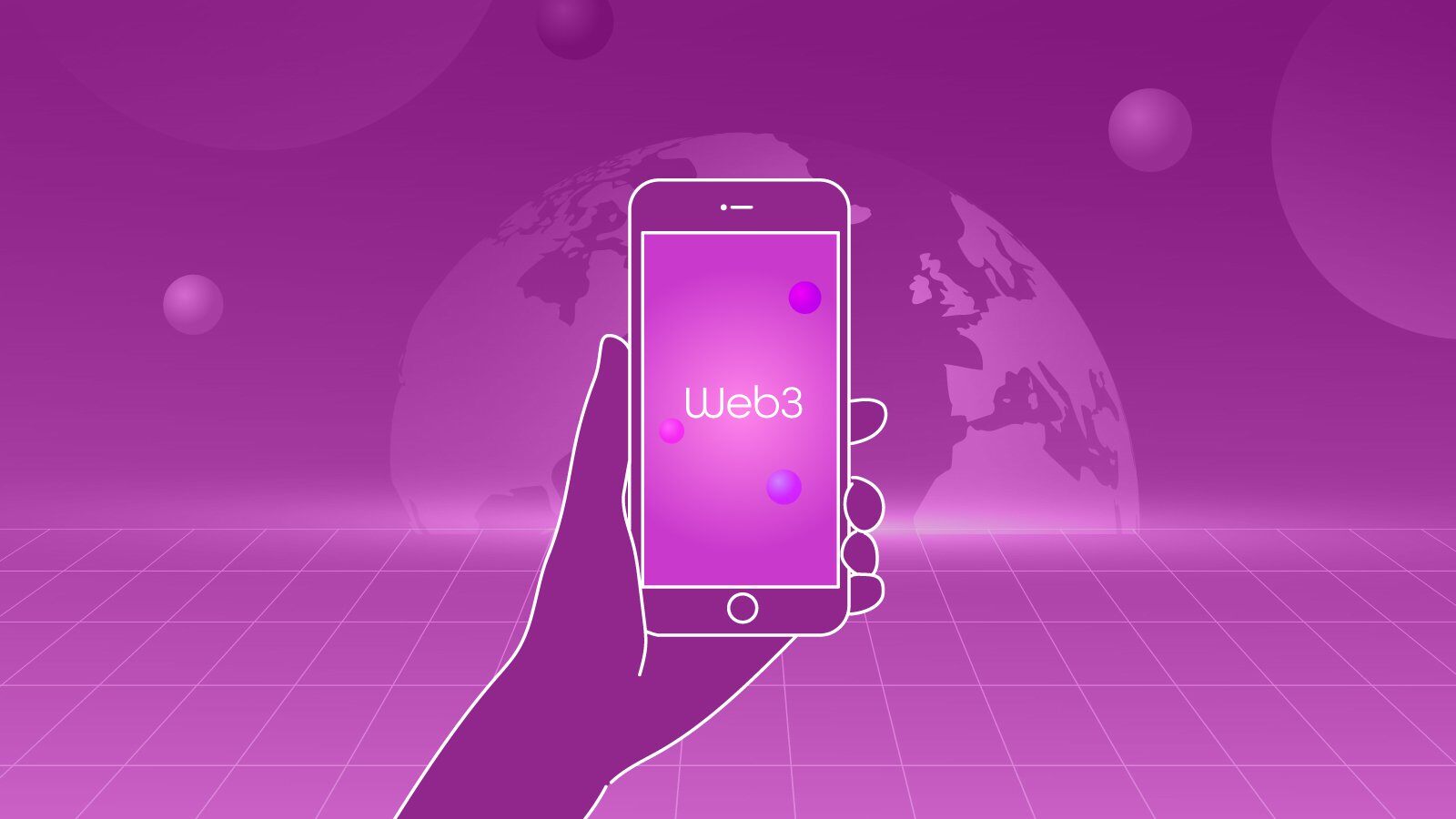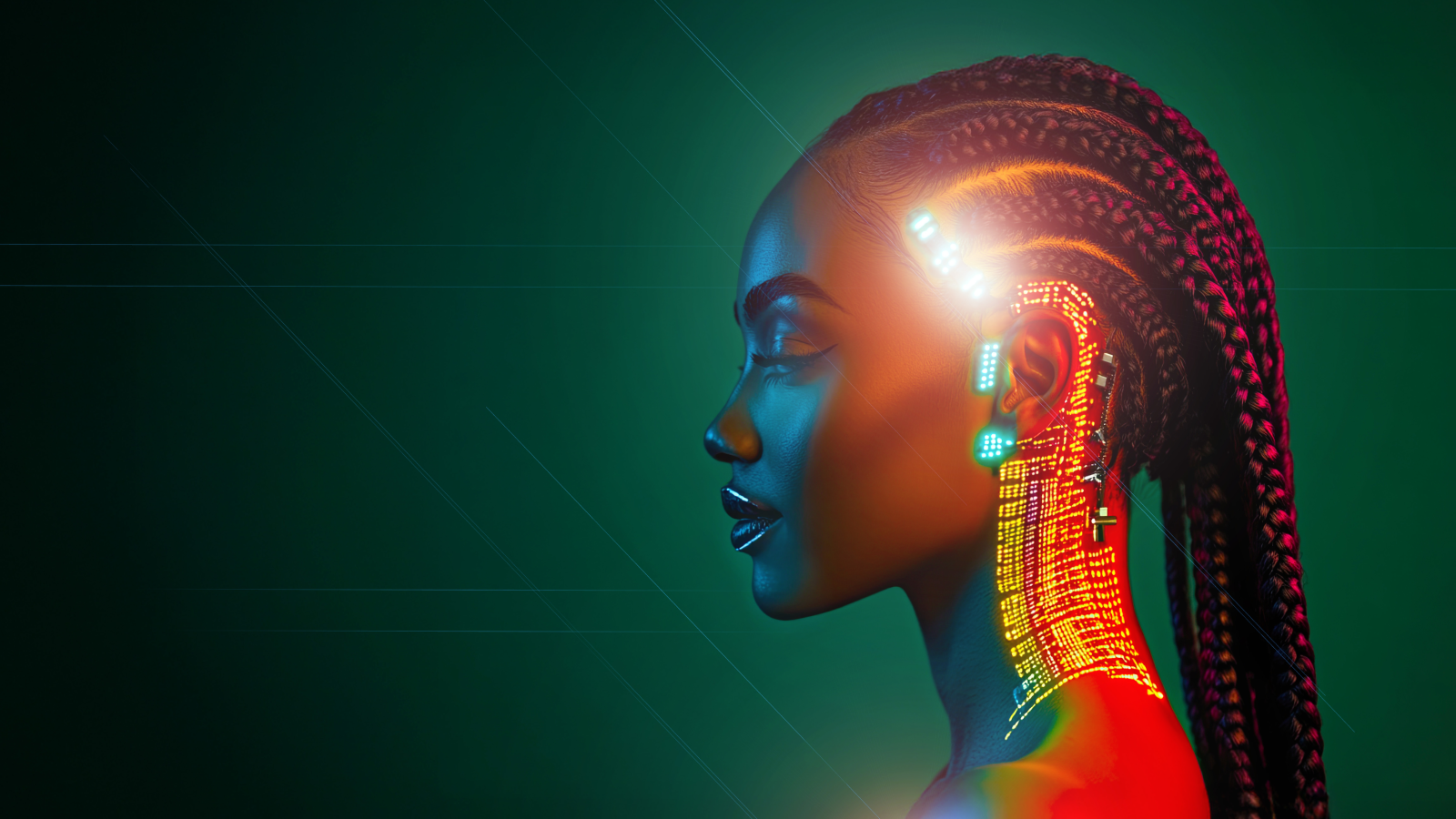In the late 1990s we had the static pages and basic fonts of Web 1.0. In 2005, Web 2.0 introduced a more customisable and interactive internet, powered by social media, blogs and forums.
Now, in 2022, we are gearing up for the inevitable Web 3.0, or Web3.
What is Web3?
Web3 is the third generation of the internet. Built upon blockchain technology and emphasising artificial intelligence and machine learning, it promises to offer a more transparent, secure and private internet for everybody.
Web3 is also being called the decentralised internet, or the ‘web of value’, as it connects the concept of decentralisation with human rights. Web3 is about creating a collaborative environment where everyone is equal and huge amounts of value are delivered to its users.
Web2 vs Web3
Web 1.0 was about providing static information. Web 2.0 built on this, by making the web a dynamic, interactive and social hub. Web 3.0 will take this a step further, making the web more distributed and smarter than ever before.
| Web2 |
Web3 |
| Centralised – cloud services, platforms and app delivery are controlled and operated by centralised systems. |
Decentralised – Peer-to-peer, decentralised edge computing will be the norm in Web3. |
| Relational databases – are the foundational element of content and applications in Web2. |
Blockchain – makes use of ledger technology, which is more secure and decentralised than current systems. |
| CSS and Ajax – more dynamic layout systems than Web 1.0 |
AI – Automation and machine learning will define Web3. |
| Cookies – help track users and provide personalisation to ads and web pages. |
NFTs – users can purchase unique tokens that provide perks or some form of value. |
| Fiat currency – is the currency of Web2 |
Cryptocurrency – digital currencies such as Bitcoin, Ethereum and Dogecoin can be used for most transactions. |
| Social networks – were perhaps the biggest evolution in Web2, allowing users to connect from anywhere in the world. |
The metaverse – promises to blend virtual, physical and augmented reality into one. |
3 ways Web3 will affect marketing
1. Communities will be bigger and better
The whole concept of Web3 is about redistributing power, away from giant multinationals and back into the hands of the average consumer.
With Web3, consumers will have far more power to choose and promote the ideas, products and services they enjoy the most, instead of passively consuming what is available.
What does this mean for marketers? It means a huge emphasis on creating vibrant and self-sustaining communities around their brands.
2. There will be a new era of immersive experiences and content creators will take back the power
At the moment, many content creators are reliant on the platforms they use to publish their work. This puts all of the power in the hands of large companies, rather than the creators – for example, if Youtube decides to change their policy about something, the creators simply have to accept it or leave.
Web 3.0 provides the tools for content creators to reshape the consumer experience and also removes any ceiling on their earning potential. NFTs, for example, or non-fungible tokens will allow content creators to sell products, services and tickets with no middle man. The metaverse will provide the perfect stage for hyper-immersive experiences that can be accessed anywhere in the world, rather than being promoted at a fixed location.
3. Less access to user data
Web 2.0 was a marketers dream in many respects, with data easy to collect and advertising easy to target.
Web3, at least in the short term, may not be as generous to the marketer. There is a movement for Web3 consumers to play a more active role in how their data is used, including who they share it with.
On the surface this looks like a negative for marketers, but that isn’t necessarily true. It would simply place an emphasis on transparency of data collection and usage, and would force marketing creatives to flex their muscles in order to reach their target audience.
Watch highlights from our event: Inside your Buyer's Mind below where Tom Cooper delves into a new era of digital ownership, and discover how Web3 will affect the future of marketing.
Web3 is still in its fledgling phase, with much of its infrastructure still being built, but that doesn’t mean you can’t get ahead of the game! Get in touch today to see how your business can benefit from Web3 marketing services.



.png)
